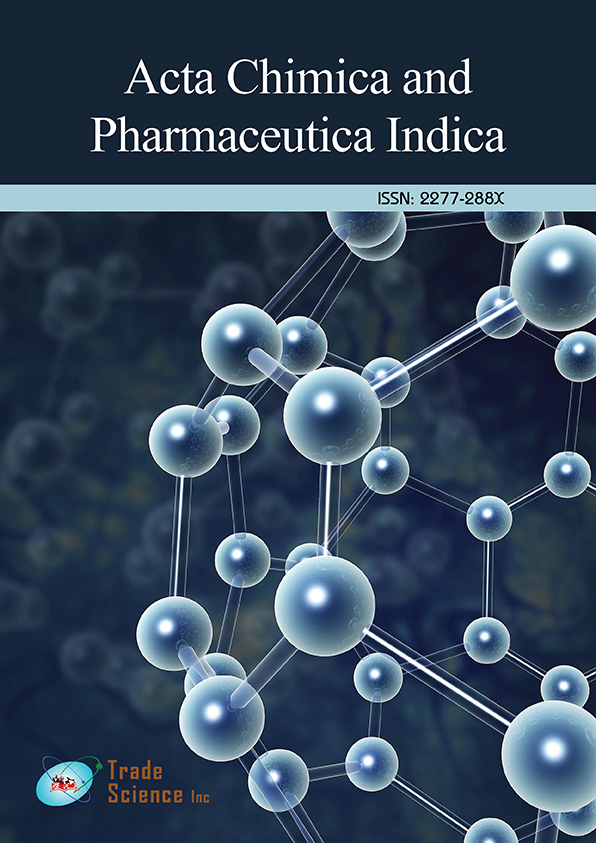Abstract
Functional membranes for refinery of bio wastes by green chemical processes
Author(s): Lidietta GiornoBio refinery is defined as the sustainable processing of biomass into a spectrum of marketable products and energy. The biomass is any biological material derived from living organisms, such as animals and plants. Whether bio-derived feedstock based on biomass is more environmentally friend is still controversial. It is anyway clear that, in the coming decades, it will play an important role as integrative feedstock source. Drivers for this growth include, carbon emission taxation, development of fast growing plants and with limited water demand, development of low energy demanding separation processes, energy supply to remote off-grid places. Challenges for bio-derived feedstock sustainability include, suitable and efficient transformation processes (such as trans esterification, esterification, hydrolysis), efficient and selective separation techniques for downstream processing, use of less energy for separation and formulation, use of clean technologies to produce co-products, process flexibility and modularity to be adapted for different products of interest, water removal, biodiesel viscosity control.
Membrane-based processes best suit these requirements and can promote breakthroughs in the implementation of bio refinery. In this lecture, advances of membranes and membrane devices in terms of chemical, physical, mechanical and fluid dynamics properties will be discussed. Their use in integrated membrane operations for the sustainable processing of agro-food wastes into valuable marketable products and energy will be presented. Pressure driven membrane operations have been applied to purify water and recover enriched fractions of biophenols. These valuable components have been further processed by membrane contactors, i.e. they have been concentrated by osmotic distillation and used to formulate water-in-oil emulsions by membrane emulsification. Bio catalytic membrane reactors have been used to produce a powerful anti-inflammatory, i.e. oleuropein aglycon. The organic biomass recovered in the first steps of pre-treatment and in the microfiltration retentate was suitable for production of biogas via anaerobic digestion. The biogas can be processed by membrane operations to obtain methane suitable for the energy grid and food grade CO2.
